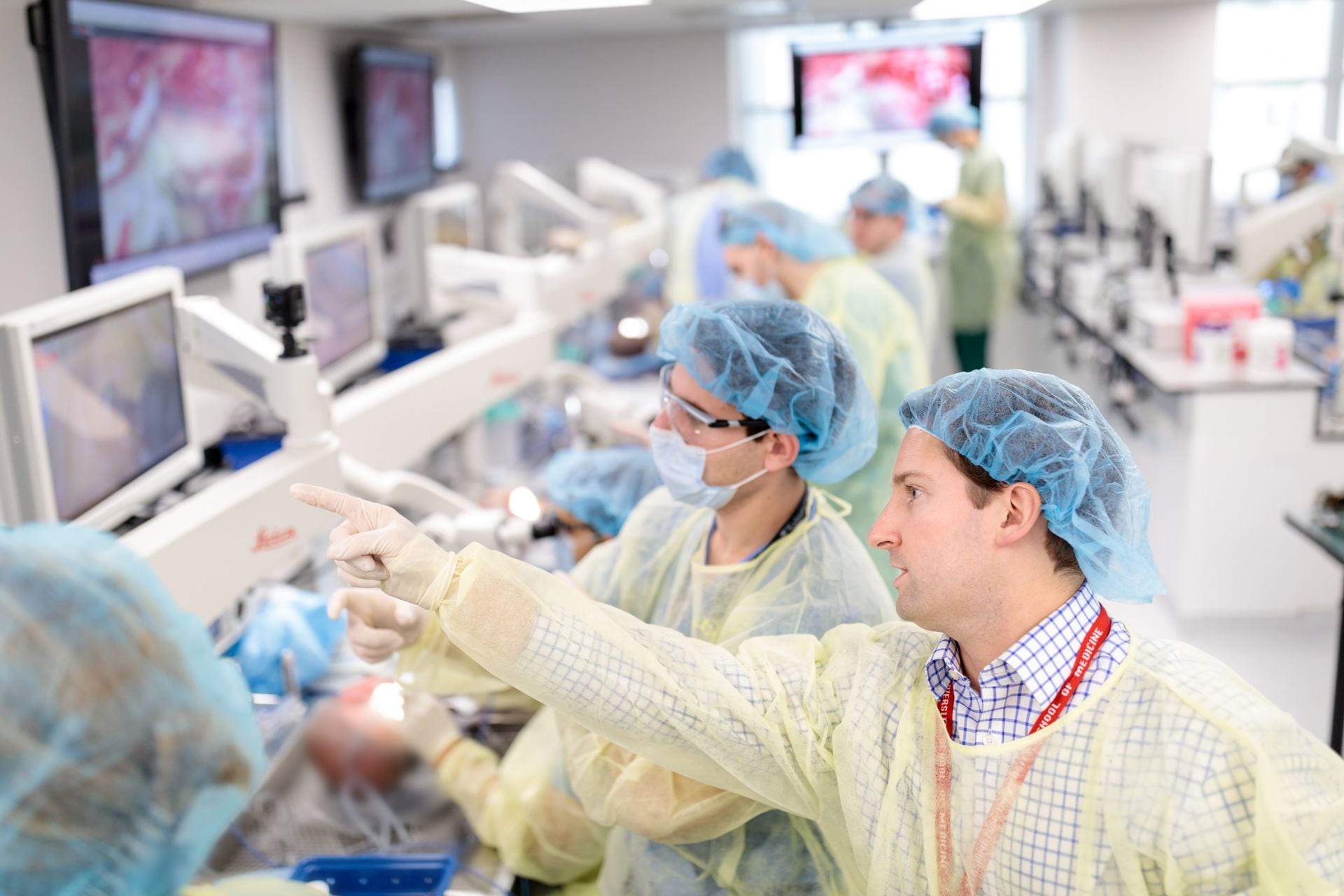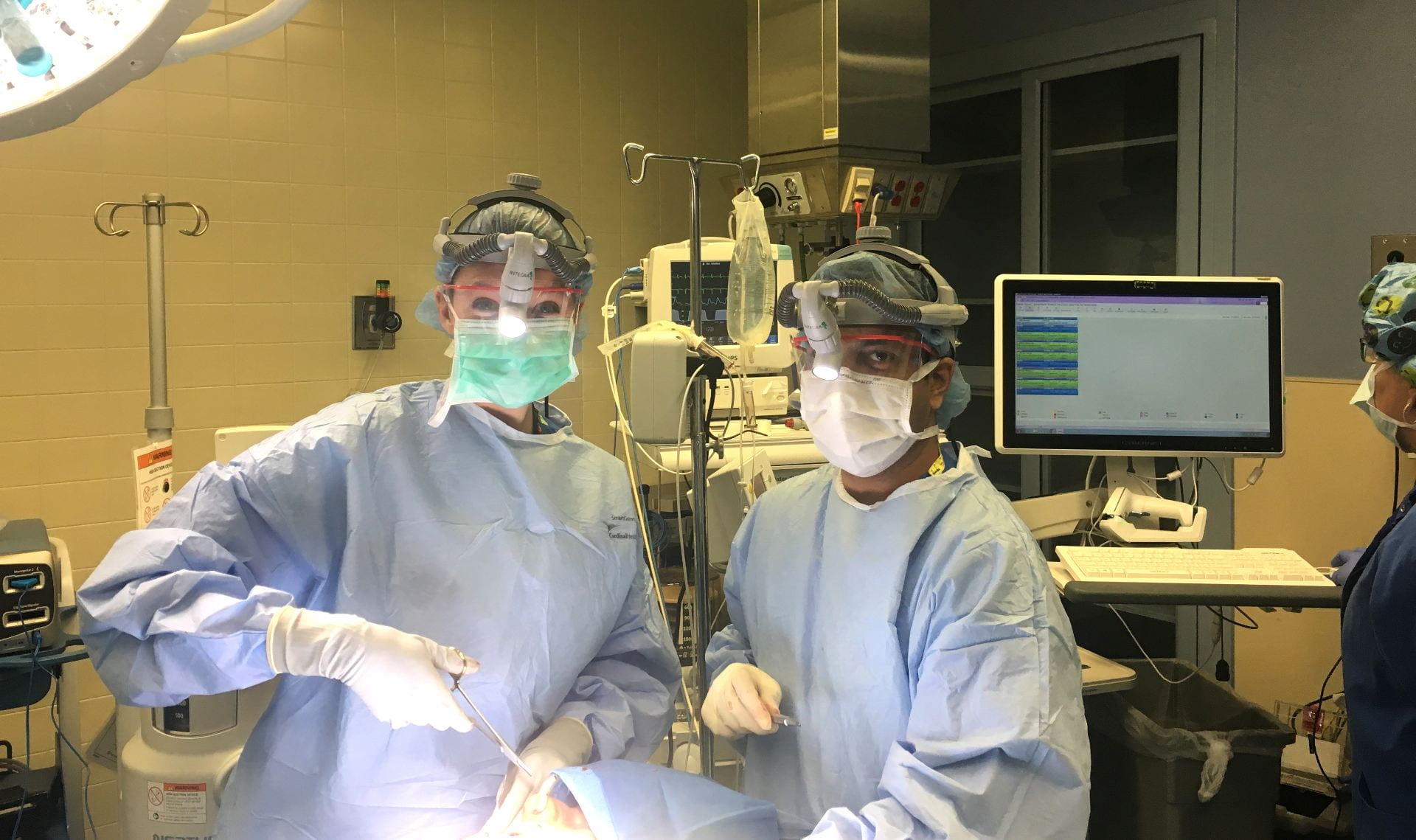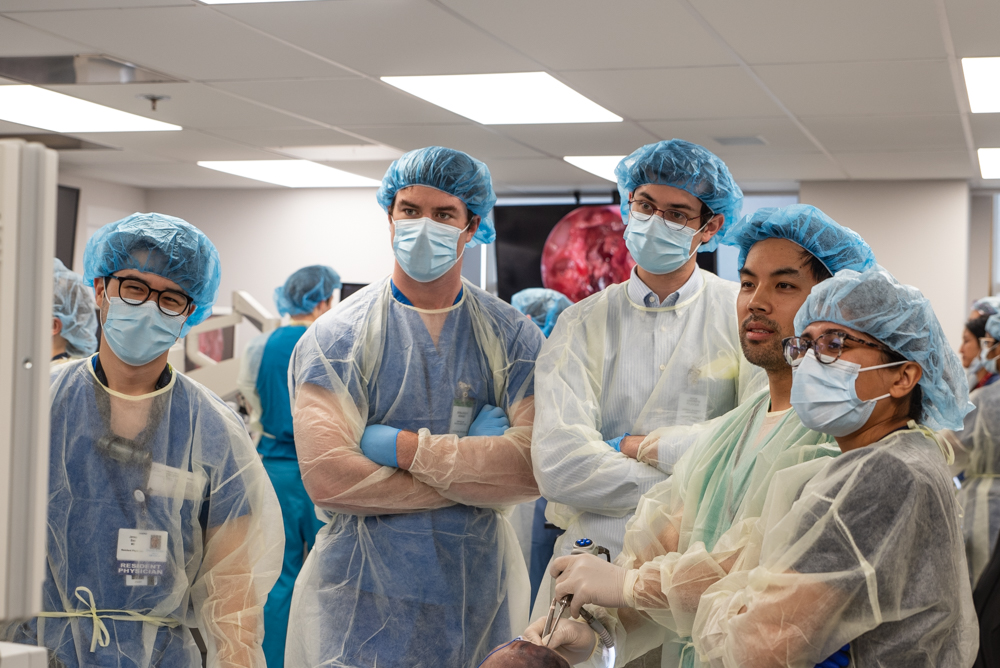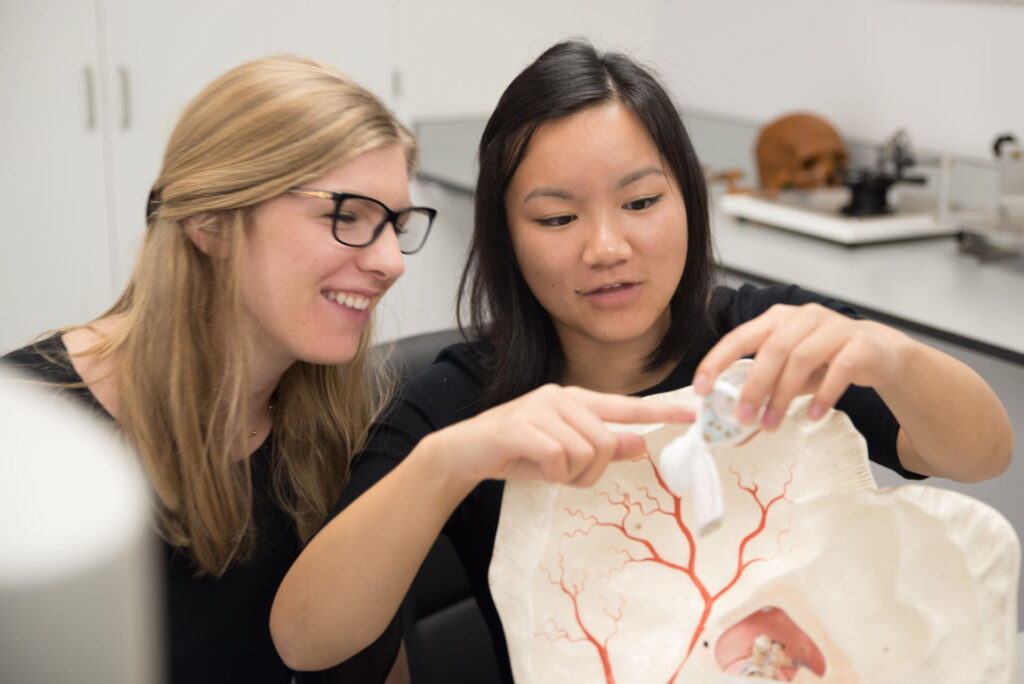The department offers nationally recognized training programs that prepare tomorrow’s leaders in clinical and academic medicine.
With a long history of producing academic leaders, our programs provide rigorous training in a collegial, supportive environment. What sets us apart? A balance of clinical and research training enhanced by a large, diverse patient population, leading-edge educational technology, and an accessible faculty dedicated to trainees’ success.
“Congeniality is well-established in our program. Everyone is approachable, no matter what level of professorship.”
— Nneoma Wamkpah, MD, T32 Research Fellow“I’m very proud to have been part of this supportive and innovative department.” — Recent graduate Pete Vila, MD, MSPH
Residencies

Choose between two tracks:
- Clinical Residency (5 years): Comprehensive training in every subspecialty
- Physician-Scientist Training Program (7 years): Combines five years of clinical training with two years of protected research time, coursework in clinical and translational research, and career development seminars.
Learn more about residency training »
Fellowships

Fellowships provide advanced training in subspecialty areas, working with world-renowned leaders on the most complex otolaryngology cases.
- Facial Plastic and Reconstructive Surgery
- Advanced Head and Neck Surgical Oncology and Microvascular Reconstruction
- Pediatric Otolaryngology
- Neurotology
Medical student training

The department offers a mentored research training experience for medical students, as well as several courses within the medical student curriculum.
Learn more about educational opportunities for medical students »
Audiology & deaf education

The Program in Audiology and Communication Sciences (PACS) offers graduate study in the areas of audiology (AuD), deaf education (MSDE), and communication sciences (PhD). PACS is an independent program of the Washington University School of Medicine but is intimately associated with the Department of Otolaryngology through shared faculty, facilities and other resources. For more information or to apply for graduate study, please visit the PACS website.